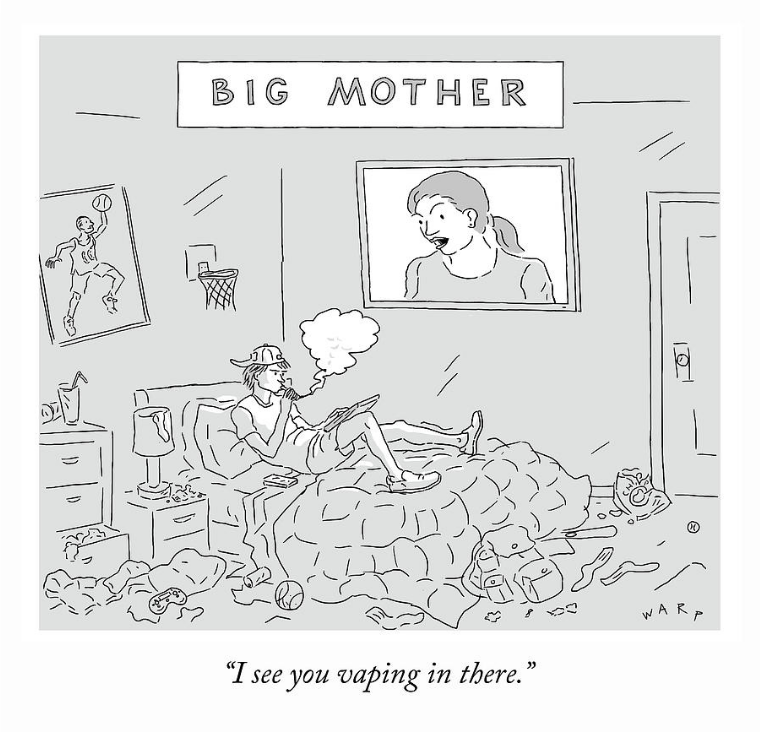Monthly Reading Recommendations (April 2021)
30 Apr 2021 monthly · reading · seriesThe recommendations for April 2021 are in! This month, an unsettling article about the disastrous consequences of the intersection of a dance form and a journey of self-discovery is at the top of the list. Also, there’s an article about pandemics (everyone’s favorite topic since Jan 2020) and a profile of the author of a book that I did not like.
Dancer in the Dark (Aviv)
New Yorker (archived), March 30, 2020.
The story of a dancer who wants to perfect herself at the Butoh dance form and her relationship with her teacher, mentor and performer. The consequences are disastrous; the reader realizes in just a few paragraphs that the worst is yet to come. For the rest of the journey while reading the article, one awaits with trepidation for the hammer to fall.
Pandemics and the Shape of Human History (Kolbert)
New Yorker (archived), March 30, 2020.
The period before and after a pandemic has never been identical: Things will not go back to the way they were. There will certainly be some sort of “after” period.
New Yorker profile of Sapiens author Harari
New Yorker (archived), February 10, 2020.
Harari’s book Sapiens was bad: It was vacuous and fiction masquerading as non-fiction. This profile paints an honest picture of a bizarre conversation. Harari’s skill at doing good PR is commendable: He understood that a lot of people read bestselling books so that they can say that they have read them. He wrote a book with an abundance of hand-waving and marketed it as non-fiction. One instance makes it clear that Harari cares little about the content and even less about his readers:
In “Homo Deus,” Harari writes that, in 2014, a Hong Kong venture-capital firm “broke new ground by appointing an algorithm named VITAL to its board.” A footnote provides a link to an online article, which makes clear that, in fact, there had been no such board appointment, and that the press release announcing it was a lure for “gullible” outlets. When I asked Harari if he’d accidentally led readers into believing a fiction, he appeared untroubled, arguing that the book’s larger point about A.I. encroachment still held.
…
“I don’t know if it’s a true story,” Harari told me. “It doesn’t matter–it’s a good story.” He rethought this. “It matters how you present it to the readers. I think I took care to make sure that at least intelligent readers will understand that it maybe didn’t happen.” (The story has been traced to a Johnny Carson monologue.)
Come to think of it, Harari writes books that are a lot like a tweet: Lot of bold claims, most of them untrue, some of them made up and all of them certain to outrage the reader into talking about the book.
Pew Research Center: Shrinking Global middle class
Pew Research Center, March 18, 2021.
COVID19’s economic impact has been vast, this report quantifies the impact on a wide spectrum of people by considering World Bank growth estimates from January 2020 and January 2021. The difference between these two estimates is the loss to each income tier. Global middle class population went from 899mn to 1.34bn from 2011 to 2019, an increase of 54mn people annually; the pandemic erased a year of growth for the global middle-class. Quantifying the impact gives the reader hope, as we have identified who needs to be helped out in future economic stimulus packages.

New Yorker, December 23, 2019